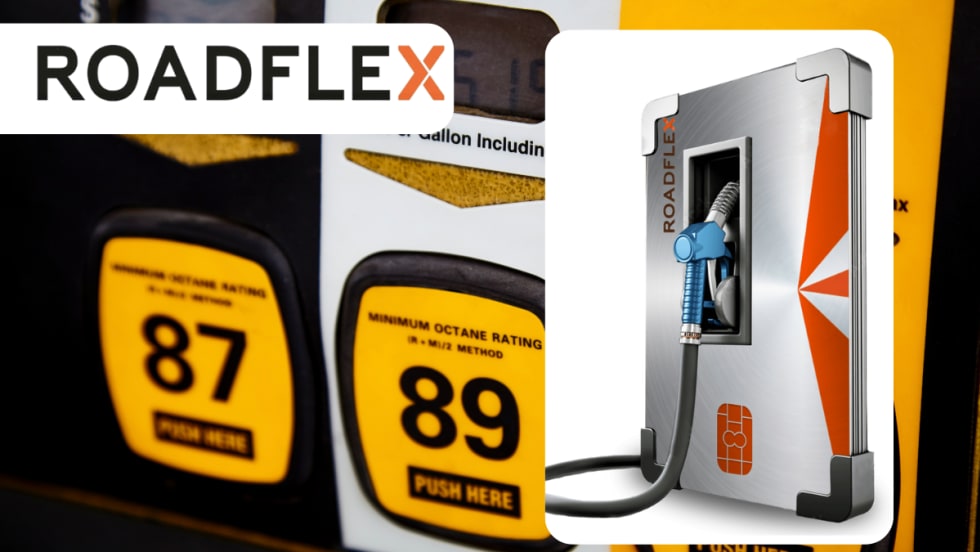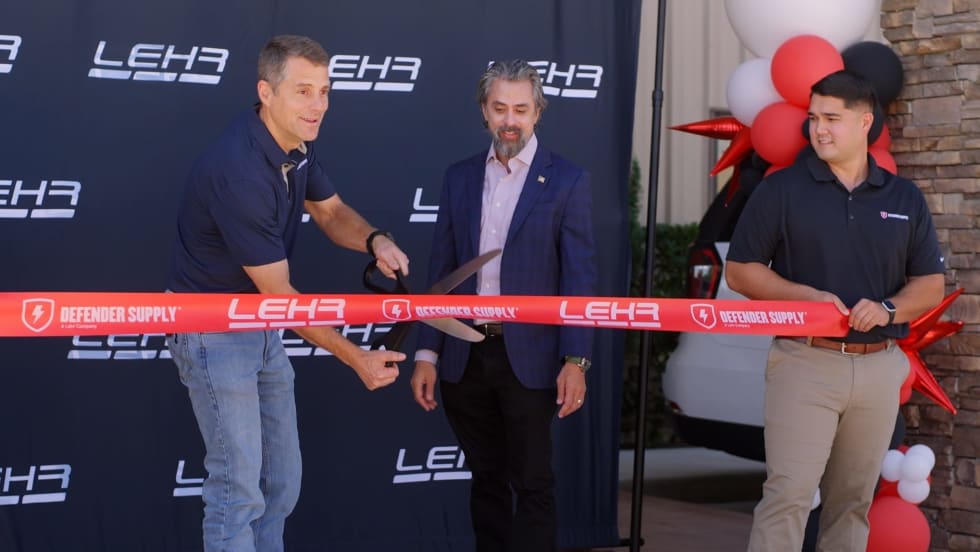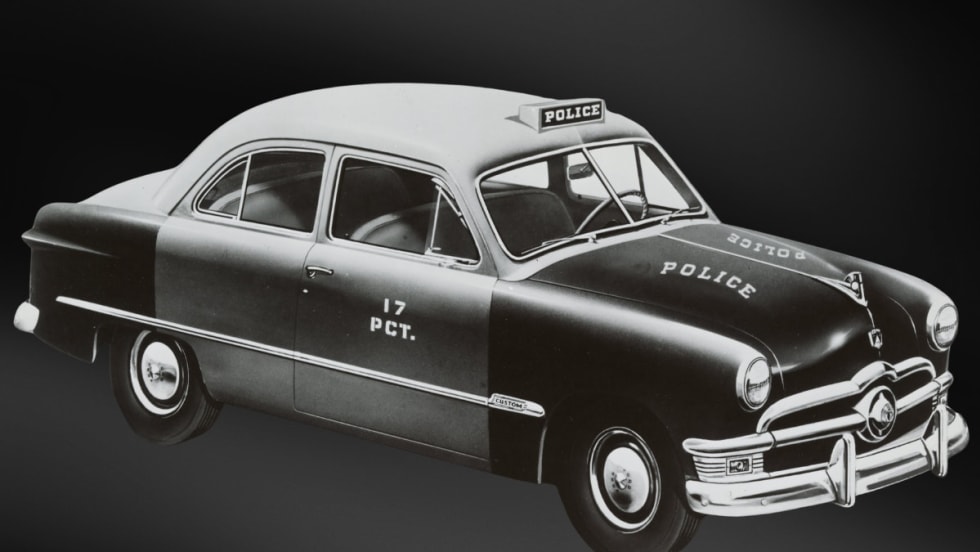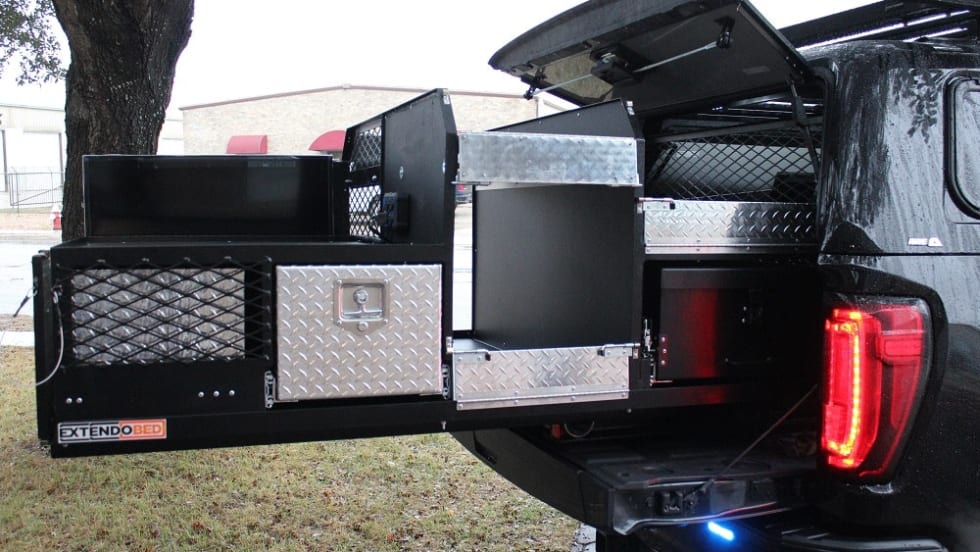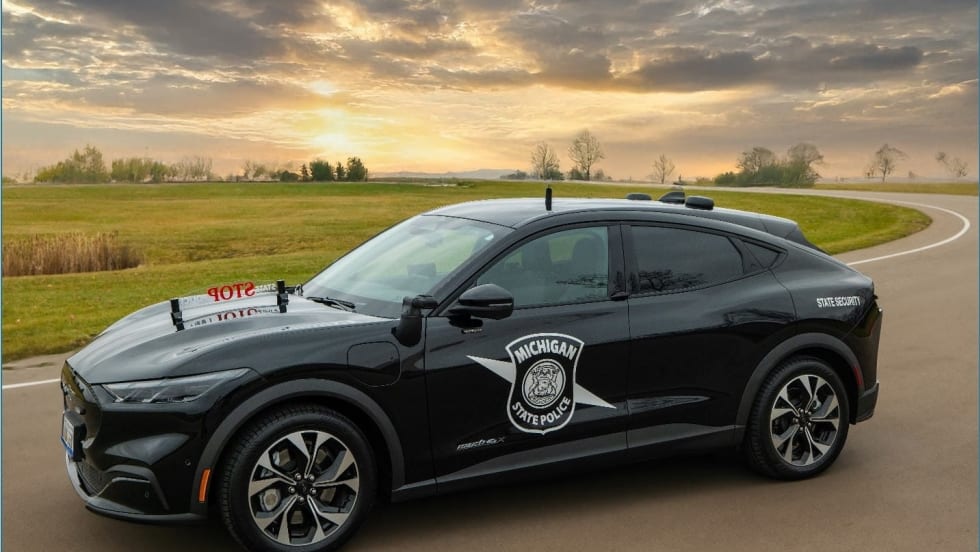Managing the budget for law enforcement brings unique challenges that other municipal departments don’t face. From accidents to training, the costs associated with public service and running a police department can change rapidly.
Fleet managers in law enforcement have to consider fuel costs, maintenance costs, and safety costs, as well as factor in road and environmental conditions that can all impact the bottom line for a police department’s fleet budget. One way that agencies can take back control of spending is by going on the pursuit of fuel cost savings through more fuel-efficient patrol vehicles.
Focused on efficiency without sacrificing performance, vehicle software upgrades or engine calibrations can have huge impacts on any law enforcement agency, without having to reinvest or allocate dollars from already slim budgets to buy new fleet vehicles. Officers require a lot of out of their patrol vehicles when on duty but with an average idling percentage of 65% in a 12-hour shift, there are opportunities to improve patrol vehicles’ use of fuel.
Think about it, agencies outfit their patrol vehicles and officers with the latest gear and tech to help them do their jobs in their communities better, but most upfitting is limited to the exterior of patrol vehicles. What if we took a closer look under the hood to improve law enforcement fleet vehicles?
4 reasons to launch an investigation into fleet vehicle software upgrades
1. Improve fuel efficiency
In a pilot program for vehicle software upgrades, a Florida police department saw savings of 11% in fuel spend, a 12% reduction in idle fuel consumption, which amounted to about $40 saved per vehicle per month in fuel costs – and they outfitted both SUVs and a K-9 unit.
These results were the work of software upgrades that tailored the idle RPM and shift points, based upon the driving profile of the law enforcement officers. These upgrades save fuel, which saves the department money, but still allows the engine to run at peak performance for mission-critical or emergency situations.
2. Reduce operating costs
By being proactive at cutting costs on fuel and utilizing predictive maintenance techniques, vehicle software upgrades can have positive impacts on your budget in terms of savings. Working with police departments across the country, we found an average guaranteed fuel savings from 8 – 12%.
Where cost is concerned for law enforcement fleets, you may not even have to have meetings with the finance department. Through grants, you can get funding for eco-friendly and safety initiatives without taking the hit on your own budget.
3. Strong public perception
By being smarter with department funds, the perception of the police department in the community will be positive. The public will also respect the fuel efficiency efforts that help reduce carbon emissions without disrupting the officers’ ability to do their jobs effectively. With sustainability efforts being a key component for police fleets these days, engine calibrations are an easy way to achieve your CO2 reduction goals.
4. Zero maintenance
Police departments won’t have to worry about adding more work to their public works department and fleet division as vehicle software upgrades require no maintenance. In fact, most auto tech companies do the installation and calibrations for you. On top of zero maintenance is zero training. The software updates automatically so there’s no new technology to learn, and officers can go about their day as usual instead of attending a driver training session.
Interested in seeing what benefits your police fleet could see from vehicle software upgrades? Contact Derive to get in touch with our law enforcement fleet specialists.



